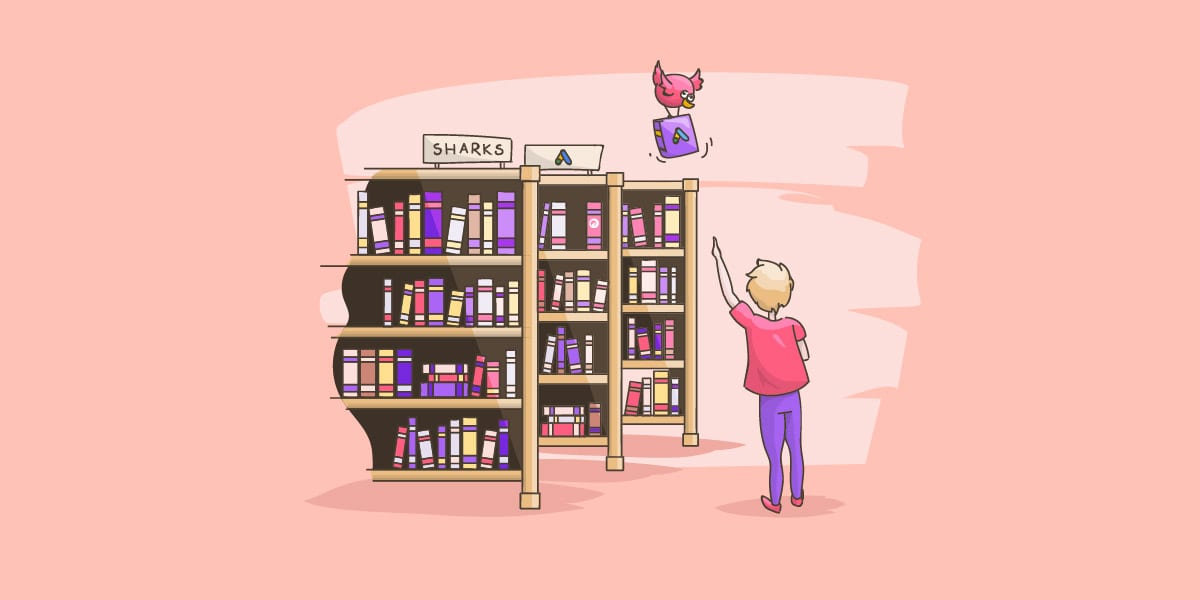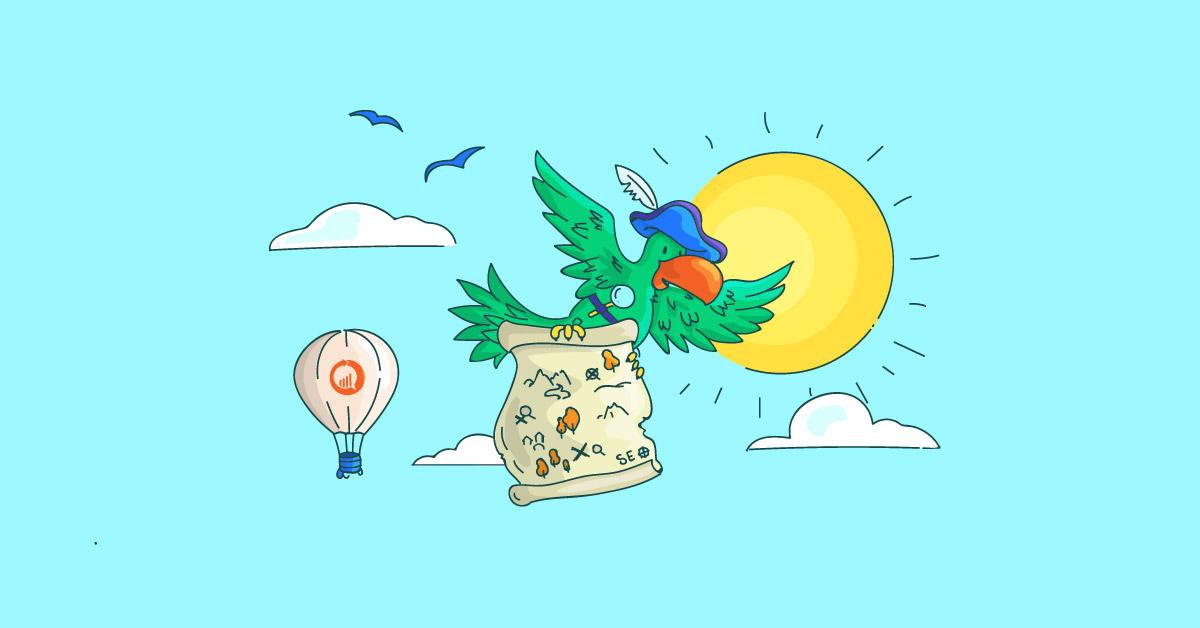The Difference Between 301 and Canonical URLs
While the capabilities of a canonical link are similar to a 301 redirect, they are not the same in terms of metrics.
While both tell search engines to treat duplicate pages (or URLs) as if they were a single page, 301s redirect all traffic to a specific URL.
The canonical tag does not.
If the structure of your site has been changed, a 301 redirect is a better option, because it will correct bookmarks as well as links.
If there is duplicate content on your website, but you want to measure traffic to each individual URL, then you should use a canonical link to direct a search engine in the correct direction.
What exactly are Canonical URLs?
Canonical URLs, also known as the canonical tag or rel=canonical, is what search engines use as a reference when they detect more than one version of a single page on the web or on your website.
It is used to solve issues that stem from duplicate content and is often preferable to using a 301 redirect.
A Canonical URL is a URL that you, as the content creator, want your visitors to see when they visit your website.
Canonical URLs are often used to describe a landing page for specific content or products or blog articles or any specific page you want your website visitors to go to.
Why You Need to Use the Canonical URL
You may think your site doesn’t contain any duplicate content, or that it’s completely unique on the world wide web- unfortunately, you may be mistaken.
It’s best to avoid repeating your text over multiple pages, otherwise it could result in search engine rank dilutions, which can drive your search engine visibility.
If you do have duplicate text on your site, you should consider whether or not the repetition is essential to your website.
Imagine you own a search engine working to answer search queries.
You would not give the user the same link more than once for the same search. You would want to give as much variety in the results you provide as possible.
So, if you have repeated the same content more than once on your site, you should expect that Google will rank your pages lower.
If you are taking the time to write content you want that content to be unique so that it ranks as high as possible.
Duplicate content will significantly dilute the impact of what could be a unique piece of content.
If you haven’t yet used canonical tags on your website, first carefully consider whether or not actually need to.
If you already have canonical tags, you should review the implementation to make sure it was done correctly, and that you haven’t hidden any pages you want indexed.



